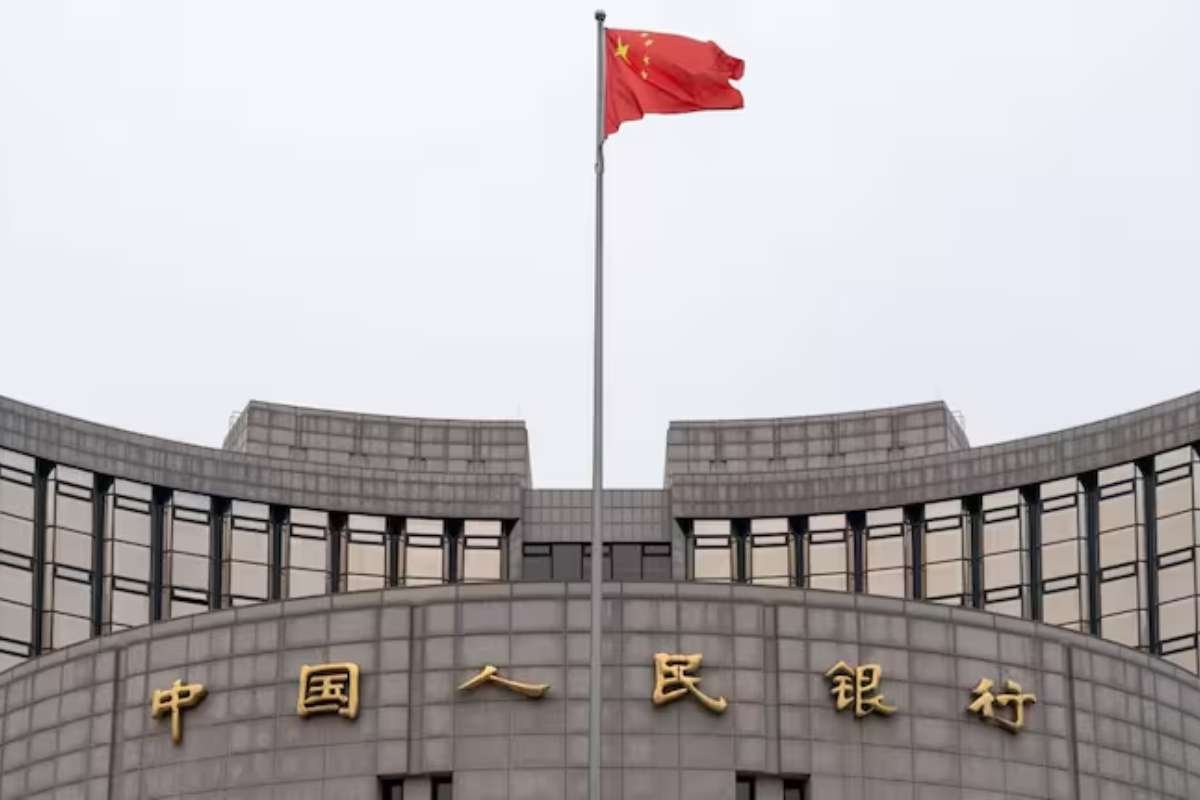China Plans Significant Fiscal Stimulus to Boost Economic Growth
- Get link
- X
- Other Apps
China Plans Significant Fiscal Stimulus to Boost Economic Growth

Source – moneycontrol.com
China Announces Fiscal Stimulus to Counter Economic Challenges
China is set to significantly increase government debt issuance in an effort to revive its slowing economy. The stimulus will aim to provide support to low-income individuals, boost the struggling property market, and strengthen state-owned banks’ capital reserves. Speaking at a press conference on Saturday, Finance Minister Lan Foan indicated that the government will implement more “counter-cyclical measures” throughout the year, although he did not provide specific figures for the planned fiscal stimulus.
“There is still relatively big room for China to issue debt,” Lan said. His remarks highlight the urgent need for action as China faces deflationary pressures, a downturn in its property market, and weakened consumer confidence. These issues have exposed the country’s heavy dependence on exports, which have been impacted by increasingly tense global trade relations.
Over the past few months, a series of disappointing economic data has raised concerns among economists and investors. China’s economy, the world’s second-largest, may fall short of its 5% growth target this year, with some fearing that a structural slowdown could be on the horizon. However, Zheng Shanjie, chairman of the National Development and Reform Commission (NDRC), expressed optimism, stating he was “fully confident” that the country would meet its growth goal.
Global Markets Watch China’s Stimulus Measures
Speculation about China’s upcoming fiscal stimulus measures has dominated global financial markets, especially after a September meeting of the Communist Party’s Politburo signaled urgency in addressing the country’s economic challenges. Following the meeting, Chinese stocks surged, hitting two-year highs with a 25% spike in days. However, market confidence wavered due to the lack of concrete details regarding the government’s spending plans.
Reports have since emerged that China plans to issue special sovereign bonds worth approximately 2 trillion yuan ($284.43 billion). This move is intended to help local governments manage their debt burdens and provide subsidies for home appliance purchases and other goods. Additionally, households with two or more children may receive a monthly allowance of 800 yuan ($114). Bloomberg also reported that the government might inject up to 1 trillion yuan ($142 billion) into the country’s major state banks to enhance their lending capacity, thus aiding economic recovery.
Approval for additional debt issuance is expected to come from China’s parliament in the coming weeks. Meanwhile, the central bank has already introduced a series of aggressive monetary support measures, including mortgage rate cuts, aimed at lifting the property sector out of its prolonged slump.
Addressing Deeper Structural Issues
While the announced measures have boosted investor confidence and lifted Chinese share prices, many analysts argue that China’s government must also confront deeper structural problems to sustain long-term growth. One of the main challenges is reducing the country’s reliance on debt-driven infrastructure investment. Most of China’s fiscal stimulus has historically gone into investments, which are yielding diminishing returns and leaving local governments with mounting debt—now estimated at $13 trillion.
Lan emphasized that Beijing will support local governments in resolving their debt issues. He revealed that local authorities still have 2.3 trillion yuan ($325.5 billion) available to spend in the last quarter of the year through debt quotas and unused funds. Local governments will also be permitted to repurchase unused land from property developers, an effort aimed at revitalizing the property sector.
Despite these efforts, China’s economic landscape is marred by weak consumption, high youth unemployment, and low wages, with household spending accounting for less than 40% of the country’s annual output. Meanwhile, investment remains significantly higher than the global average. Recent reports, such as one from recruiting platform Zhaopin, show that the average pay offered by recruiters in China’s major cities fell by 2.5% in the third quarter, further highlighting the economic strain on consumers.
In a sign of how widespread the economic challenges have become, Swedish retailer Ikea, which operates 39 stores in China, has urged Beijing to roll out further fiscal stimulus measures to counter the property crisis and its spillover effects.
- Get link
- X
- Other Apps
Comments
Post a Comment